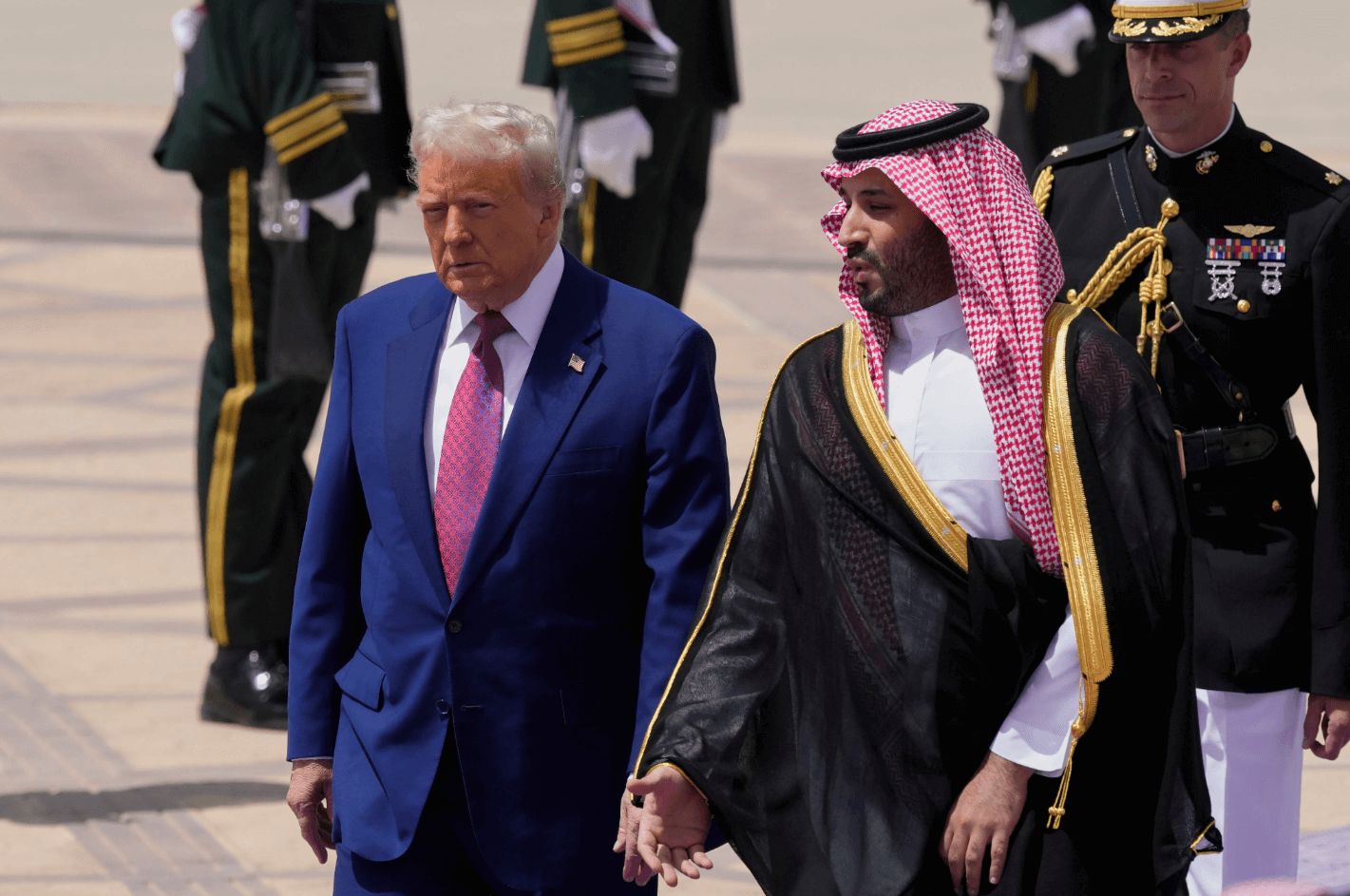- Israfan
- Posts
- UN Endorses Gaza Plan as Trump Courts Saudis but Israel Faces Strategic Crossroads
UN Endorses Gaza Plan as Trump Courts Saudis but Israel Faces Strategic Crossroads
Bold headlines mask deeper regional ambiguity as Israel weighs uncertain gains against rising demands and shifting alliances.

This week, the Middle East was back at center stage with a whirlwind of dramatic announcements from the UN’s landmark Gaza resolution to the red-carpet treatment of Saudi Crown Prince Mohammed bin Salman in Washington. But behind the symbolic fanfare lies a more sobering reality for Israel shifting alliances, ambiguous promises, and the return of Palestinian statehood to the heart of the regional agenda.
On Monday, the United Nations Security Council passed Resolution 2803, a sweeping endorsement of a Gaza ceasefire and future stabilization framework. The plan outlines steps for border control, humanitarian aid, Palestinian Authority reform, and international efforts to dismantle Hamas's military power. While Prime Minister Benjamin Netanyahu cautiously welcomed the resolution, notably doing so only in English, the gesture hinted at internal coalition tensions especially given the resolution’s veiled reference to a future Palestinian state.
The resolution’s language is rich in aspiration but vague in execution. Its call for Palestinian self-determination after PA reforms and Hamas demilitarization echoes decades of unresolved diplomatic ambitions. As with Resolutions 242 and 338 before it, ambiguity is the glue holding it together enabling diverse parties to agree, each seeing different outcomes.
Meanwhile in Washington, US President Donald Trump embraced Saudi Crown Prince Mohammed bin Salman with a level of ceremony unseen since the Khashoggi affair. The event wasn’t just symbolic. The Biden-Trump handover in regional diplomacy now gives way to renewed Riyadh-Washington alignment, complete with security guarantees, civil nuclear cooperation, and a path to acquiring the F-35 the crown jewel of American stealth technology.
Notably, Saudi Arabia was offered these strategic gifts without committing to normalization with Israel. While MBS voiced interest in joining the Abraham Accords, he tied it firmly to a “clear path” toward Palestinian statehood a demand far from realistic under current conditions.
For Israel, the implications are layered. Riyadh is regaining its place at the center of regional politics and doing so without making concessions to Jerusalem. The IDF and defense establishment are watching closely, particularly as discussions of F-35 sales raise red flags about Israel’s qualitative military edge a cornerstone of its strategic doctrine.
Past experiences offer caution. The UAE’s F-35 deal after its Abraham Accords signing eventually collapsed due to US security concerns over Chinese tech integration. Saudi Arabia, with even deeper Chinese ties, could face similar roadblocks. But even without delivery, the approval of such sales begins to chip away at what once was a red line in Israeli-American defense relations.
Israel’s military superiority, long viewed as non-negotiable, now seems increasingly negotiable not by Israel, but by allies recalibrating their regional priorities.
The week’s flurry of announcements offers signs of movement, but not yet of progress. The UN’s stabilization force may never gain operational legitimacy. Hamas has outright rejected the resolution. The Palestinian Authority reforms envisioned remain theoretical. And the strategic gains for Israel remain conditional, while others like arms deals and Saudi influence proceed without delay.
Still, there is no mistaking the geopolitical shift. The US is re-engaging in the region, Saudi Arabia is leveraging its position with unprecedented confidence, and diplomatic energy is returning after months of stalemate. For Israel, the challenge now is to navigate these crosscurrents without losing its footing.
This is a moment that demands clarity and caution. Israel must defend its vital interests while engaging constructively with emerging realities. Diplomatic opportunities are re-emerging, but so are the risks that come with them.
In the Middle East, bold headlines often fade quickly. What endures are the strategic decisions made after the cameras leave the details, not the declarations, that shape history.
Stay informed and share this article or subscribe to our newsletter for updates to follow how Israel balances opportunity with security in a rapidly shifting region.